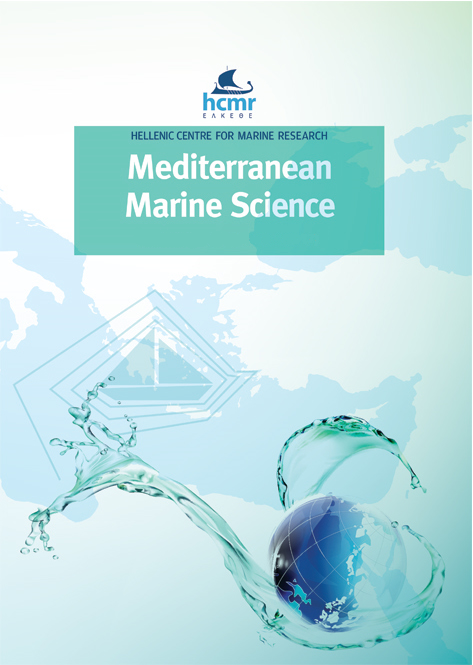First survey of shallow-water Amphipoda along the Georgian Black Sea coast reveals new faunistic records and the unexpected Atlantic invader Melita nitida

Abstract
We present findings from the first survey of shallow-water amphipods conducted along the Black Sea coast in Georgia. Eight species from five families have been identified, all but one being new for the Georgian fauna. Although most are usual inhabitants of the Black and Mediterranean seas, we report the first record of the invader Melita nitida in this region. This North American species was previously known in Europe only from the Atlantic and Baltic coasts. Its finding in the Black Sea implies either jump dispersal, or a more widespread, but cryptic distribution. Given that the total number of species reported in Georgia is lower than in the other countries neighbouring the Black Sea, we anticipate the discovery of new taxa in future surveys. Our study highlights the importance of faunistic exploration in previously overlooked regions for detecting potentially cryptic invasions and corroborating biogeographical patterns.
Article Details
- Zitationsvorschlag
-
COPILAȘ-CIOCIANU, D., BERCHI, G. M., & MUMLADZE, L. (2020). First survey of shallow-water Amphipoda along the Georgian Black Sea coast reveals new faunistic records and the unexpected Atlantic invader Melita nitida. Mediterranean Marine Science, 21(2), 460–463. https://doi.org/10.12681/mms.22844
- Ausgabe
- Bd. 21 Nr. 2 (2020)
- Rubrik
- Short Communication
Authors who publish with this journal agree to the following terms:
- Authors retain copyright and grant the journal right of first publication with the work simultaneously licensed under a Creative Commons Attribution Non-Commercial License that allows others to share the work with an acknowledgement of the work's authorship and initial publication in this journal.
- Authors are able to enter into separate, additional contractual arrangements for the non-exclusive distribution of the journal's published version of the work (e.g. post it to an institutional repository or publish it in a book), with an acknowledgement of its initial publication in this journal.
- Authors are permitted and encouraged to post their work online (preferably in institutional repositories or on their website) prior to and during the submission process, as it can lead to productive exchanges, as well as earlier and greater citation of published work (See The Effect of Open Access).




